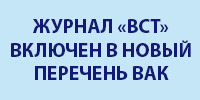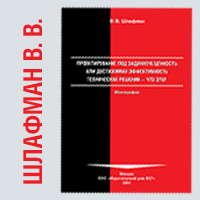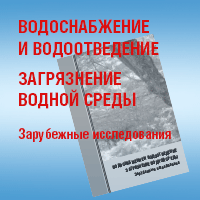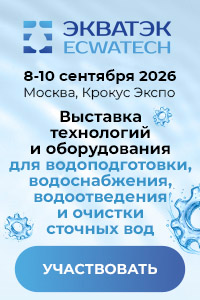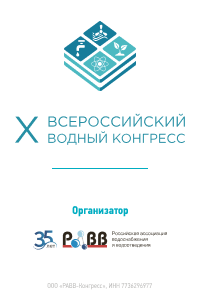№2|2017
ENVIRONMENTAL PROTECTION
bbk 000000
UDC 628.1.033
Water and environmental factors in international conflicts
Summary
Deliberate destruction of life support systems in the zones of military operations has been a distinctive feature of present-day conflicts. Primarily these are energy facilities and public water supply systems. As an alternative to chemical weapons hazardous production facilities that have toxic substances in their production cycle are destroyed. As a result these substances get into the atmosphere, water sources and soil, and ultimately through drinking water and food products – into the human organism. The analysis of the environmental consequences of NATO bombarding attacks of the biggest cities in Serbia in March – May 1999 is presented. Targeted airstrikes and carpet bombing outcommissioned the systems of energy and water supply in Novi Sad, Panevo, Kraguevats, Bor, Bari, Novi Beograd and others. As a result dozens of thousands tons of oil products, mercury, dichloride ethylene, polyaromatic hydrocarbons, supertoxicants – dioxins and other toxic compounds got into the water sources including the Danube and its tributaries as well as into the soil within the vast territories. The facts of simultaneous fatalities were exacerbated by the latent effect of carcinogenic substances which allows defining the NATO actions as ecocide of the entire country. Considering the presented data there is sufficient ground for carrying out in Russia a serious analysis of water supply systems vulnerability, reservation of water sources and self-contained power supply.
Key words
ecological factors , life support systems , environmental emergency , highly toxic and carcinogenic substances , ecocide , water supply system vulnerability
The further text is accessible on a paid subscription.
For authorisation enter the login/password.
Or subscribe
REFERENCES
- The Kosovo conflict. Consequences for the Environment and Human Settlements. Morges, Switzerland, UNEP, UNCHS, 1999.
- Advances in groundwater control and remediation: Proceeding of the NATO Advanced Study Institute on Advances in Groundwater Polution Control and Remediation. Antalya, Turkey, May 20 – June 1, 1995.
- Alekseev V. S., Kuranov N. P., Kuranov P. N. [Problems of assessment and recovery of damages in case of underground water pollution]. Vodosnabzhenie, Vodootvedenie, Ekologicheskaia Bezopasnost’ Stroitel’stva i Gorodskogo Khoziaistva. Moscow, «DAR/VODGEO» CJSC Publ., 2012, issue 14, pp. 64–71. (In Russian).


